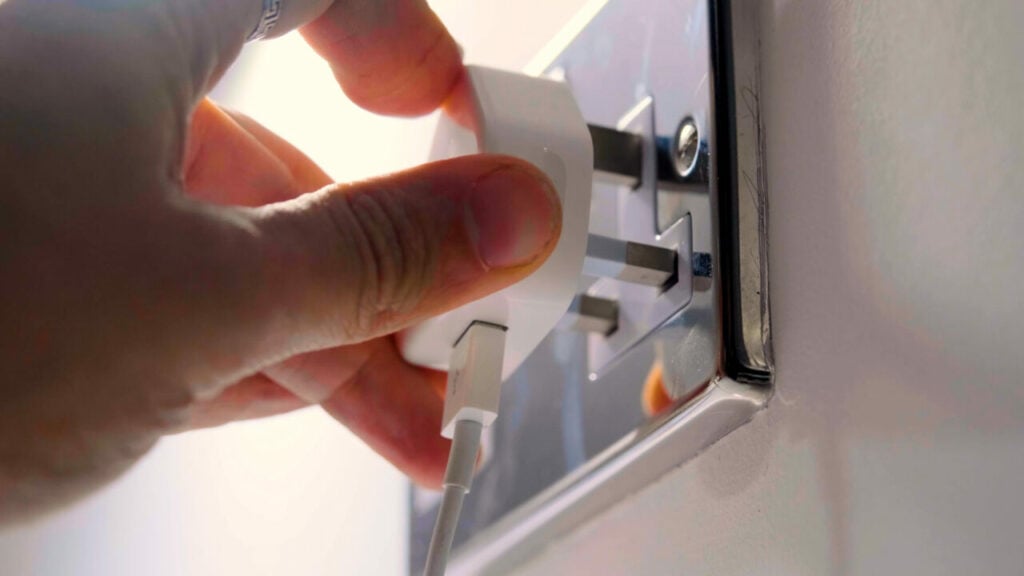Energy regulator Ofgem has set its objectives and priorities for the next five years, emphasising its dedication to “protect, build, change and deliver”.
The new strategy, which the regulator dubbed as ‘living’, is being implemented as the country transitions away from the energy crisis that rocked the UK from 2022-23 and into an energy landscape set to be dominated by variable renewable generation.
The primary focus for Ofgem will be to ensure market stability and continue to protect consumers from energy prices that are still 49% higher than pre-energy crisis levels, following the implementation of the latest price cap, set at at £1,690 for the average dual fuel household.
As illustrated below, the latest price cap is the lowest it has been since the Winter of 2021/2022.
To ensure that prices remain stable for consumers, Ofgem has outlined five priorities that will shape all of the energy regulator’s work going forward as it works to accelerate the transition from gas to renewable forms of energy and help customers, particularly the most vulnerable, deal with the impact of the energy crisis that has seen debt levels reach record highs.
The priorities for Ofgem include:
- Shaping a retail market that works for consumers.
- Enabling infrastructure for net zero at pace.
- Establishing an efficient, fair and flexible energy system.
- Advancing decarbonisation through low-carbon energy and social schemes.
- Strengthening Ofgem as an organisation.
It is worth noting that the new strategy has been developed following the appointment of a new Ofgem Chair, Mark McAllister, and a new board that includes “expertise in customer service, engineering, economic regulation, digital services and business”.
Jonathan Brearley, CEO of Ofgem, said: “Protecting customers now and in the future by ensuring they pay a fair and reasonable price for their energy, whilst building an energy system fit for the future is our priority.
“We are now at a pivotal moment as we look ahead to a huge transformation of how we use our energy, how it’s getting to our homes and how it’s created in the first place This means potentially a huge range of possibilities for consumers – smarter tariffs, more energy efficient homes and ultimately more affordable bills.”
Brearley added: “Getting there will not be easy, but it is necessary and we must ensure we bring the public along with us as we make this transition. That is why Ofgem will be using its role as regulator to make sure the entire energy sector is working not just to highlight and deliver the benefits of that change for consumers, but also showing how they will be protected from the risks.”





